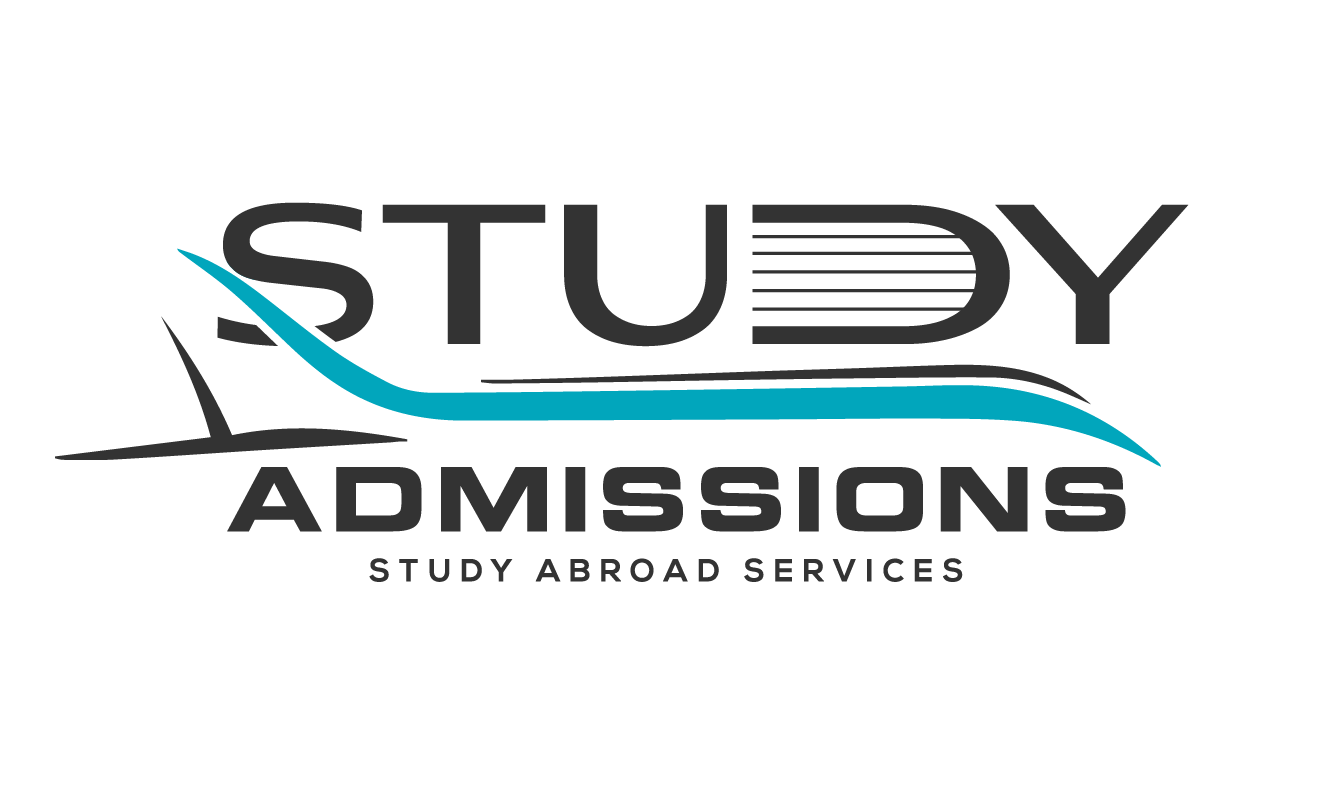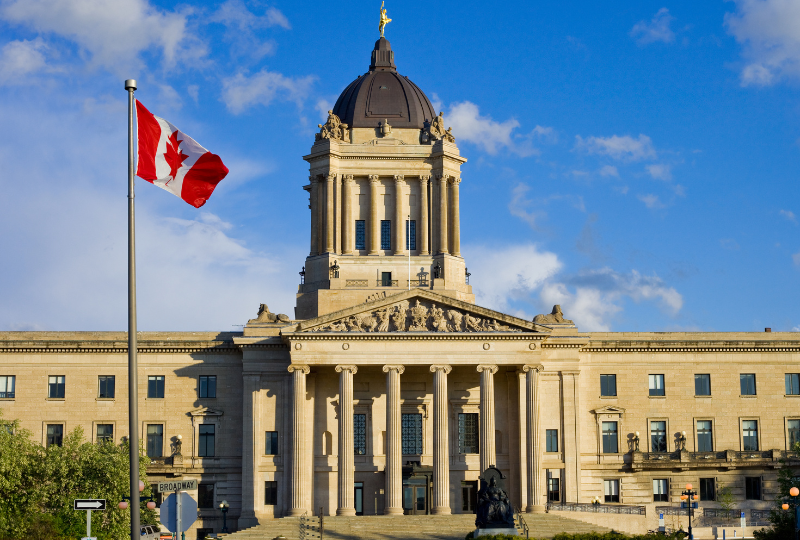Study in Canada – Your Path to Higher Education
Explore your journey to Canadian university and college admissions with us. Canada is renowned for its top-tier education, diverse culture, and post-graduate opportunities. Enjoy academic excellence, cultural diversity, and a high quality of life. Access cutting-edge research facilities and a strong job market. We offer comprehensive information, personalized guidance, application assistance, scholarship opportunities, and pre-departure support. Choose us for our experience, personalized approach, transparency, and unwavering commitment to your academic success in Canada.
Living costs in Canada can vary depending on your location and lifestyle. Here’s a breakdown of average monthly expenses:
- Accommodation:
- On-campus university housing: $300 – $800 per month.
- Off-campus rental: $600 – $2,500 per month (varies by city and type).
- Food:
- Groceries: $200 – $400 per month.
- Dining out: $10 – $25 per meal.
- Transportation:
- Public transportation: $80 – $120 per month (varies by city).
- Owning a car (including gas and insurance): $300 – $500 per month.
- Healthcare:
- Public healthcare is provided, but additional insurance may cost around $50 – $100 per month.
- Books and Supplies:
- Textbooks and course materials: $100 – $300 per semester.
- Personal Expenses:
- Clothing, toiletries, and personal items: $50 – $100 per month.
- Entertainment and leisure: $50 – $150 per month.
- Miscellaneous Expenses:
- Phone bills, internet, and utilities: $70 – $150 per month.
General Requirements for Bachelor’s Degrees in Canada
- Browse the desired course on the university’s website.
- Provide recommendation letters from school officials or teachers.
- Write a personal statement outlining your motivations and goals.
- Some universities may require you to take an admission test or undergo an interview.
- Submit a copy of your passport as identification.
- Demonstrate financial capability by providing a bank statement
Academic Requirements for Bachelor’s Degrees in Canada
- Furnish your high school certificate and academic transcript (or expected marks sheet).
- Sit for an English proficiency test (IELTS, TOEFL, PTE) and provide your official score once available.
General Requirements for Master’s Degrees in Canada
- Select the desired course on the university’s website.
- Obtain at least two recommendation letters from professors or managers.
- Craft a personal statement that highlights your academic and career aspirations.
- Update your CV to include your academic and professional achievements.
- Submit a copy of your passport.
- Provide any required experience letters.
Academic Requirements for Master’s Degrees in Canada
- Present your bachelor’s certificate and academic transcript.
- Take an English proficiency test (IELTS, TOEFL, or PTE) and provide your official score once released.
General Requirements for PhD Degrees in Canada
- Research the availability of your chosen research field at the university.
- Secure at least two strong recommendation letters.
- Write a comprehensive research proposal outlining your intended research.
- Update your CV to reflect your academic and professional achievements.
- Submit a copy of your passport.
- Include any relevant experience letters if requested.
Academic Requirements for PhD Degrees in Canada
- Provide your Bachelor’s certificate and academic transcripts.
- Include your Master’s certificates and academic transcripts, including your thesis (if applicable).
- Sit for an English proficiency test (IELTS, TOEFL, or PTE) and provide your official score once available.

